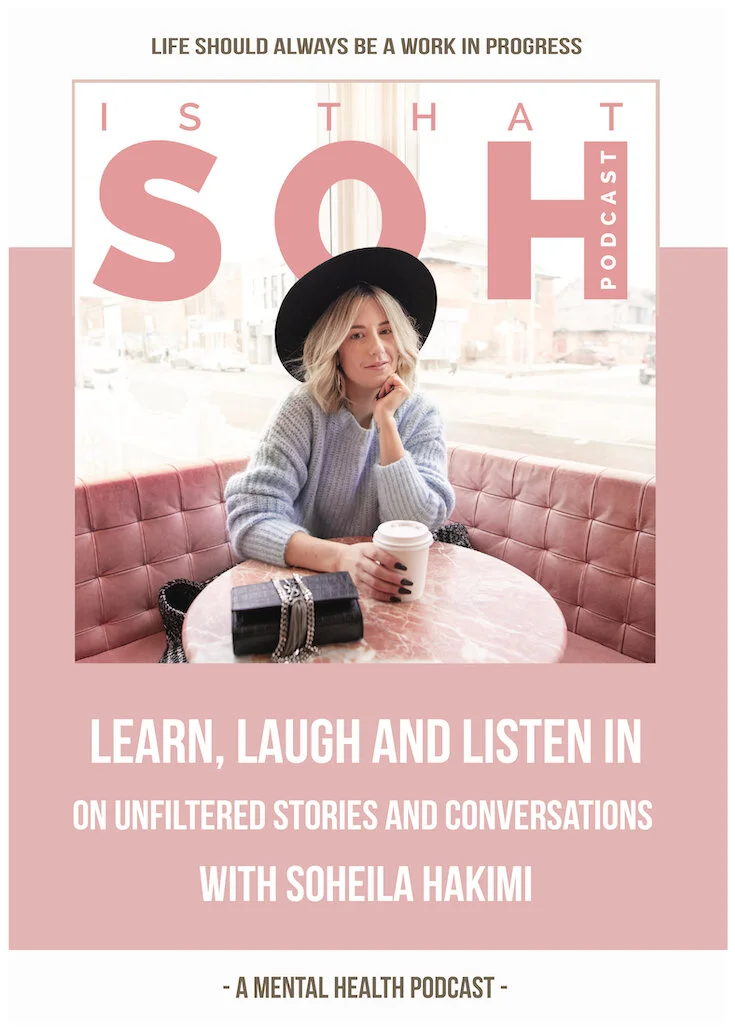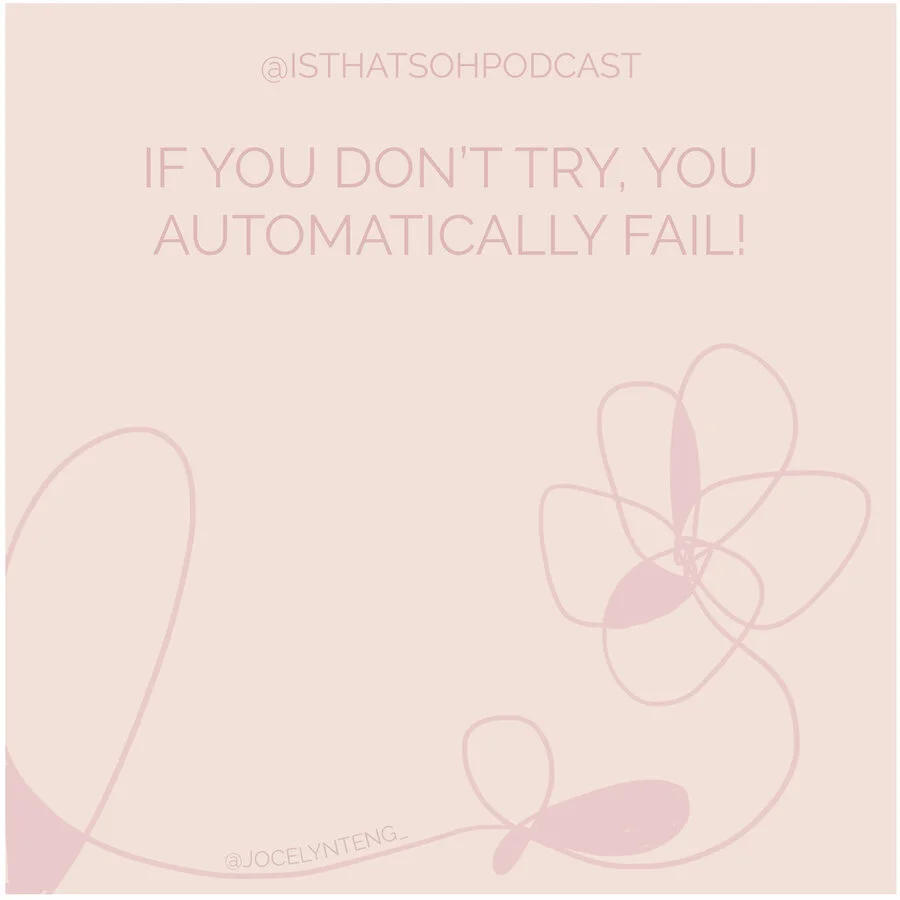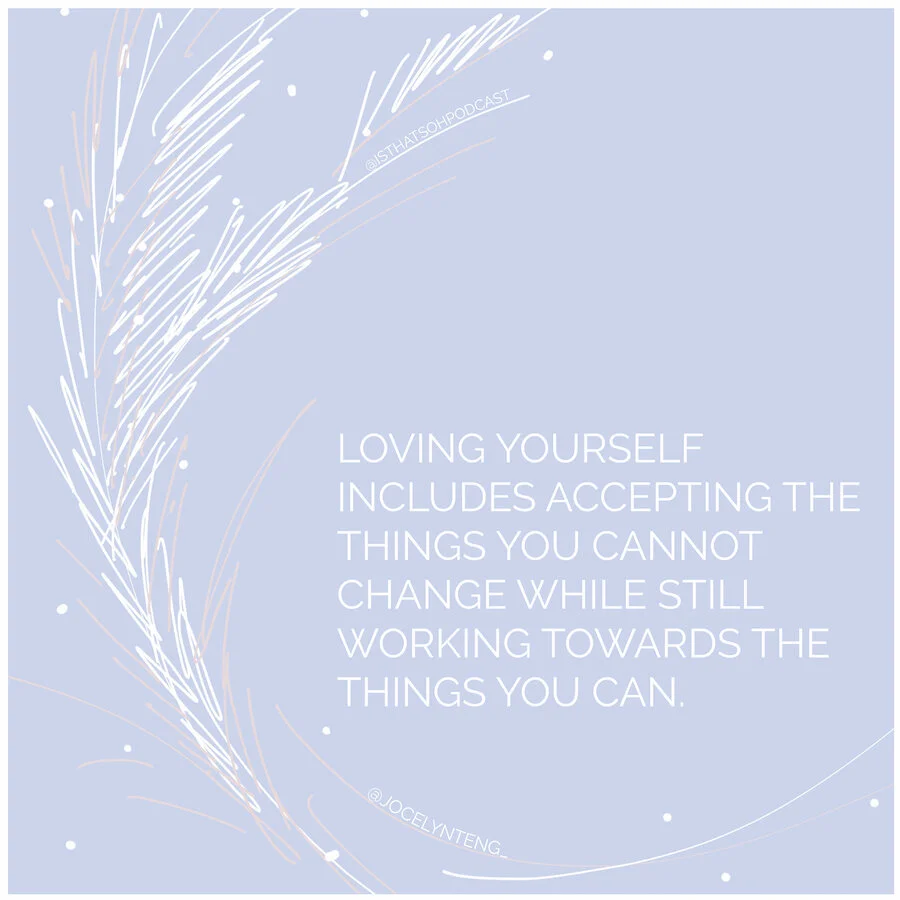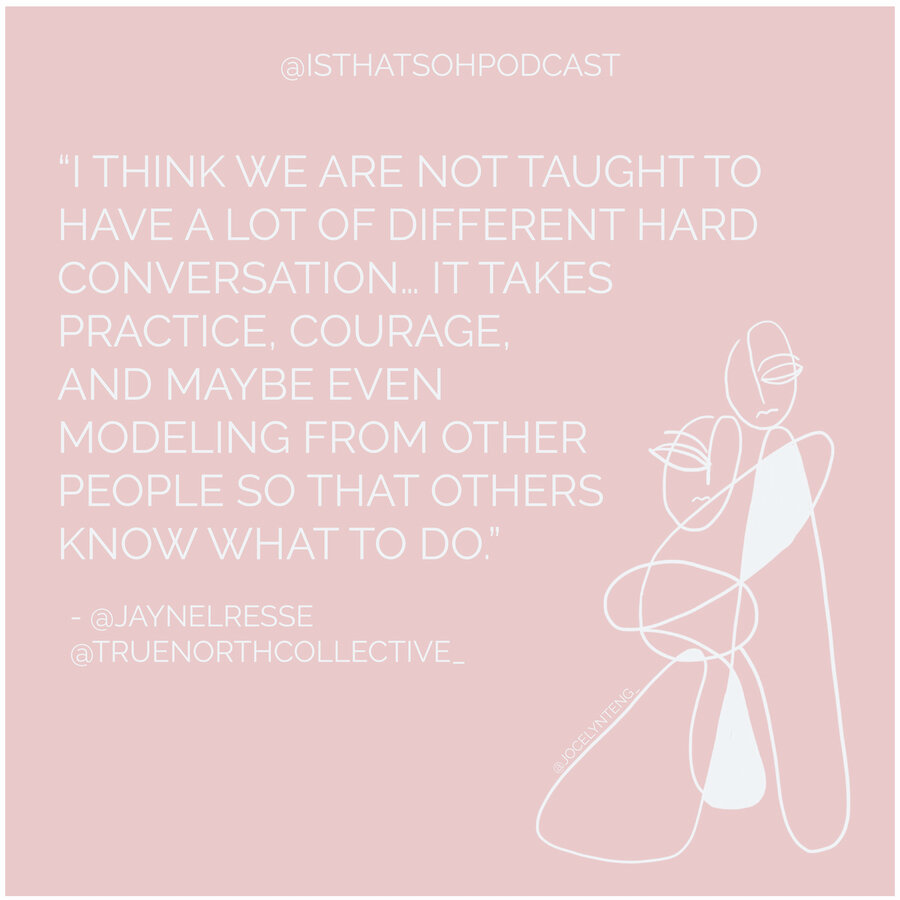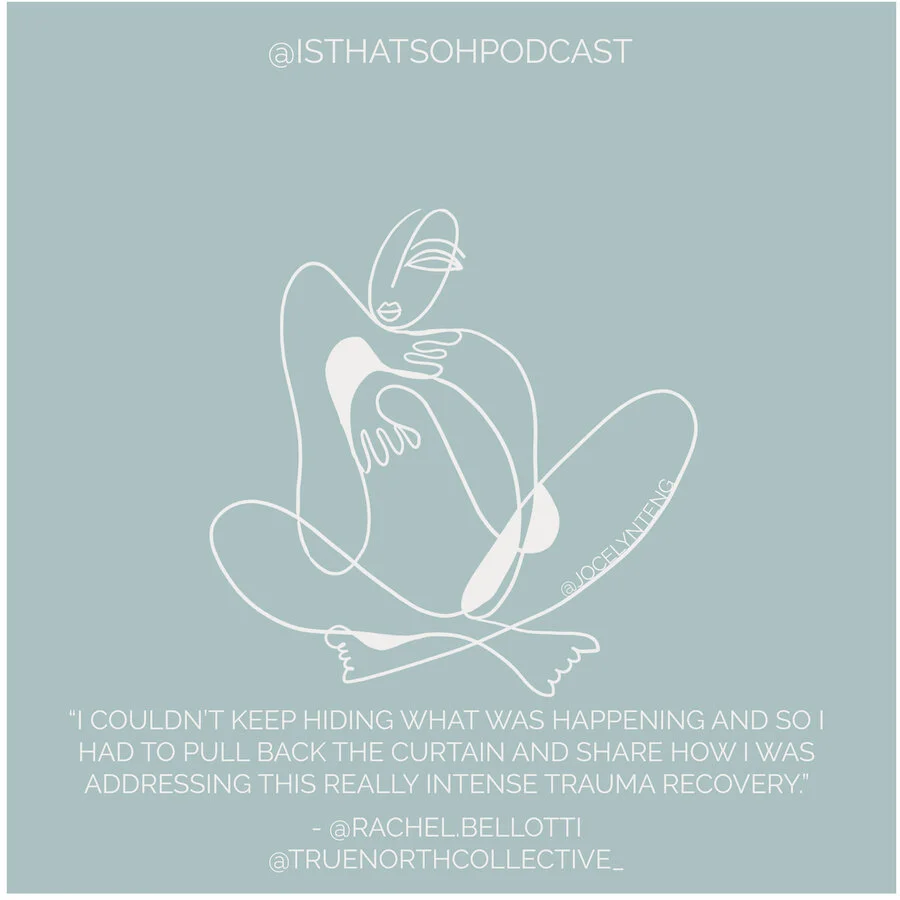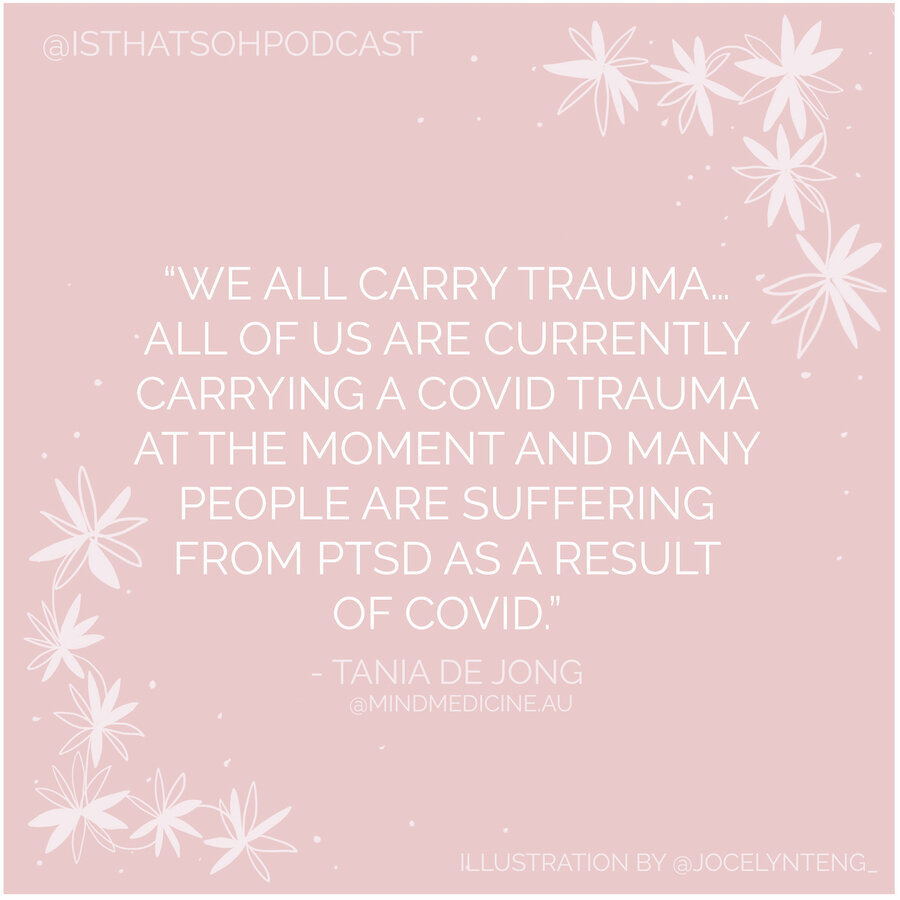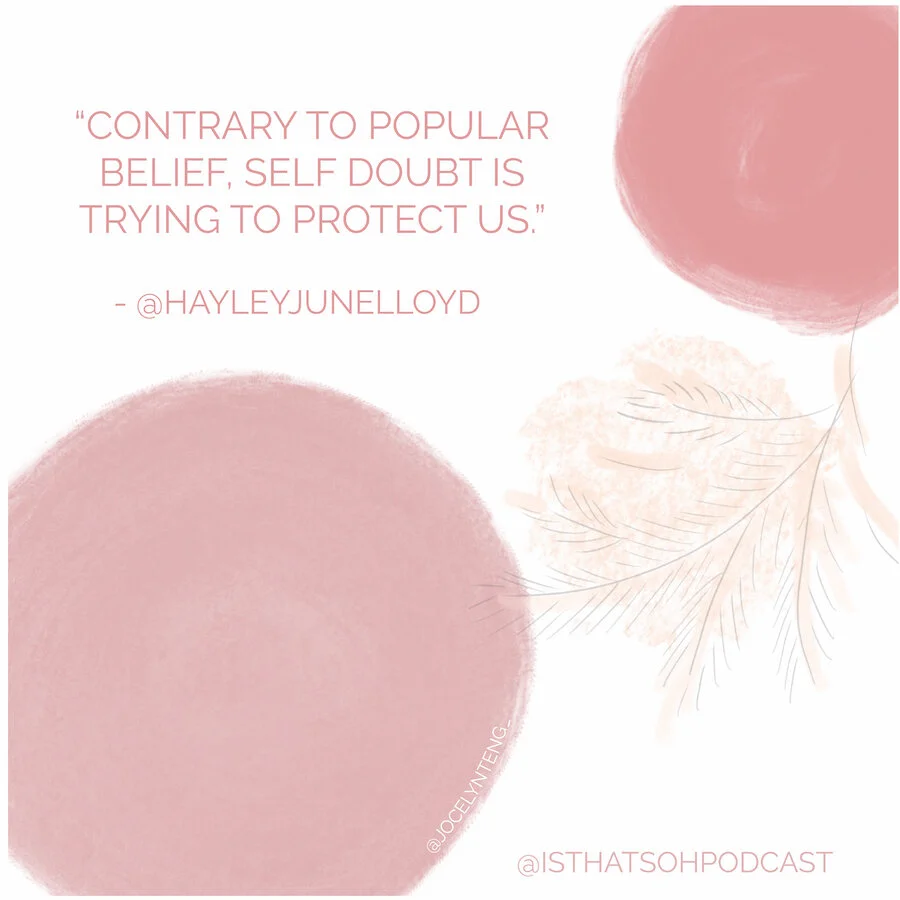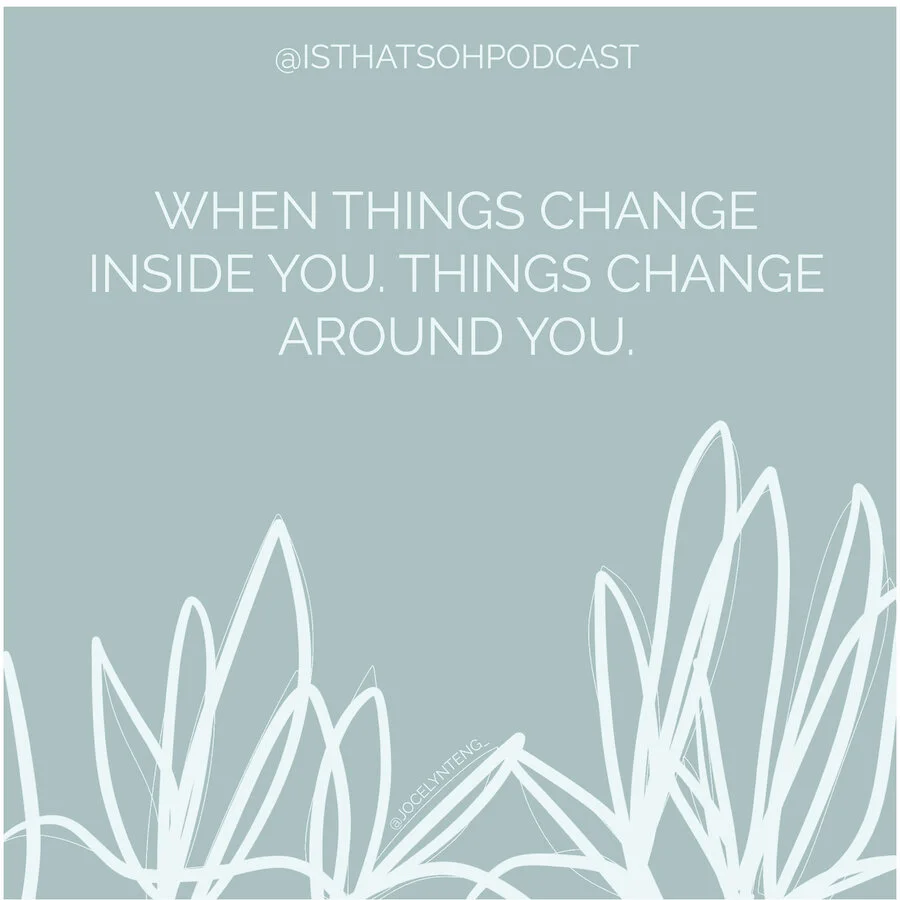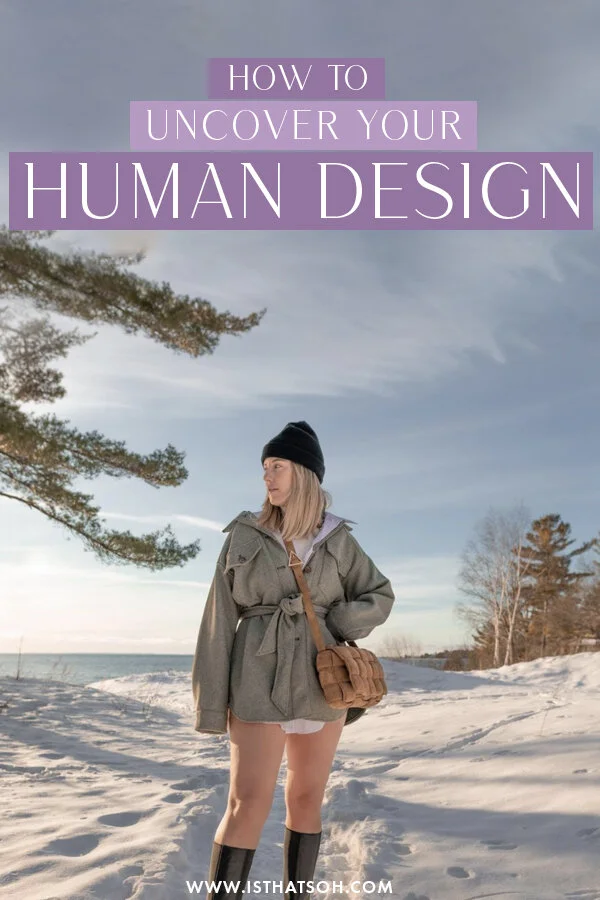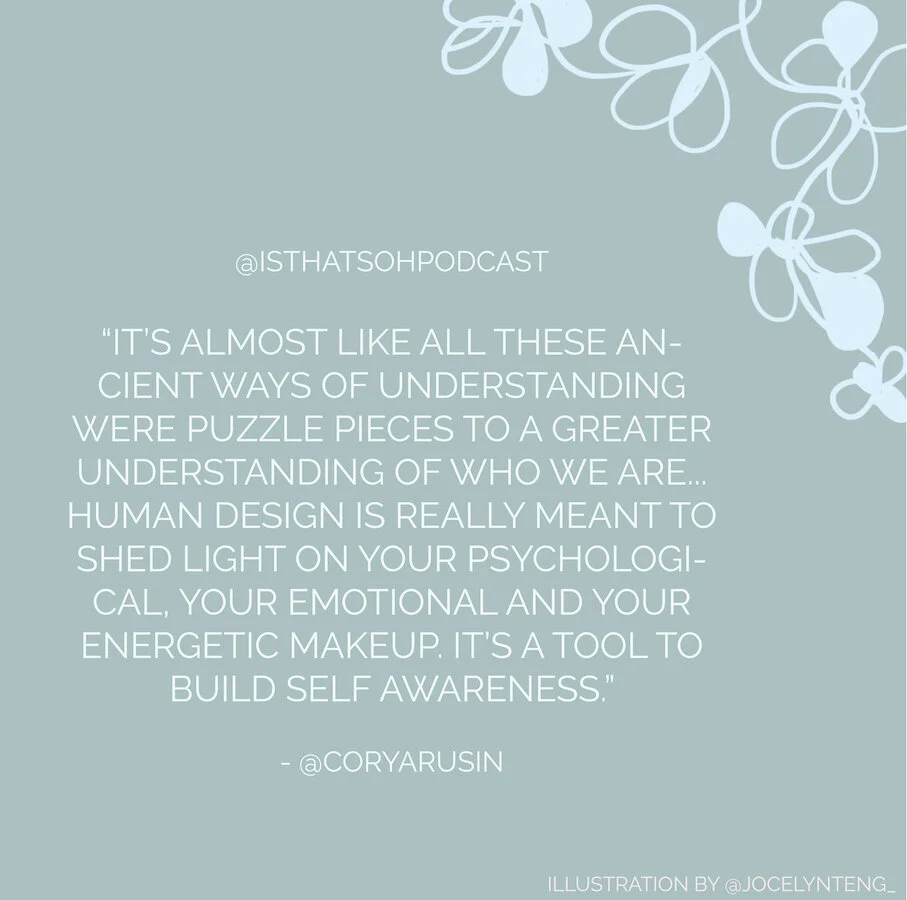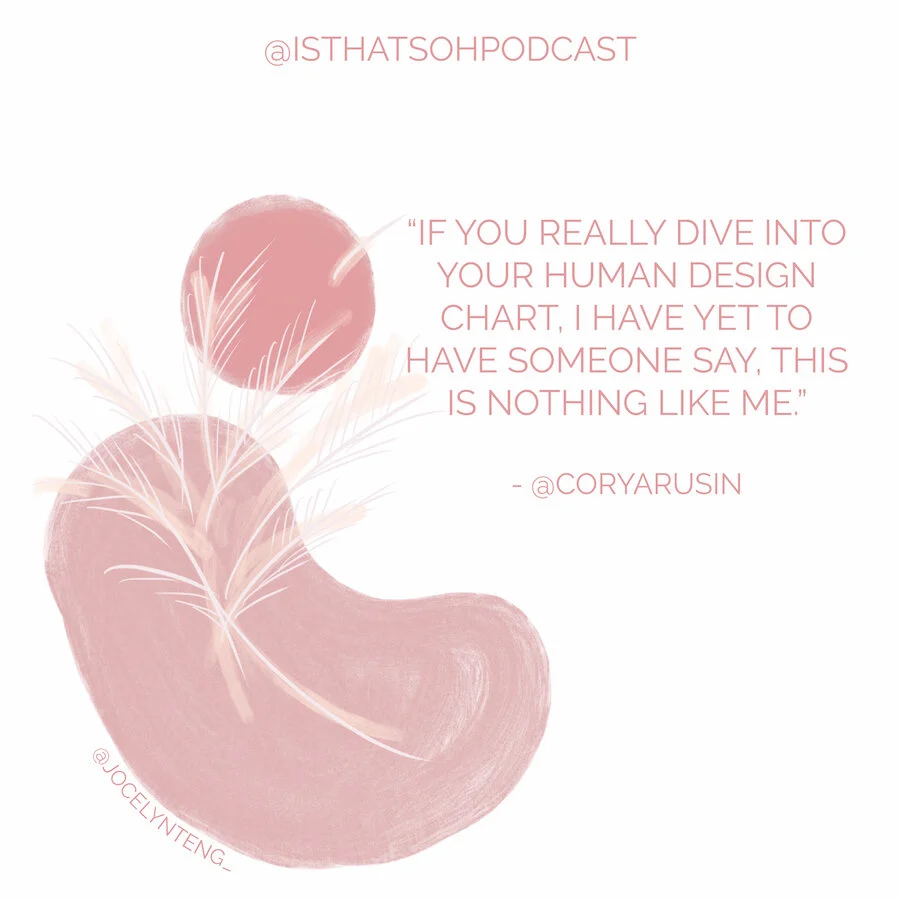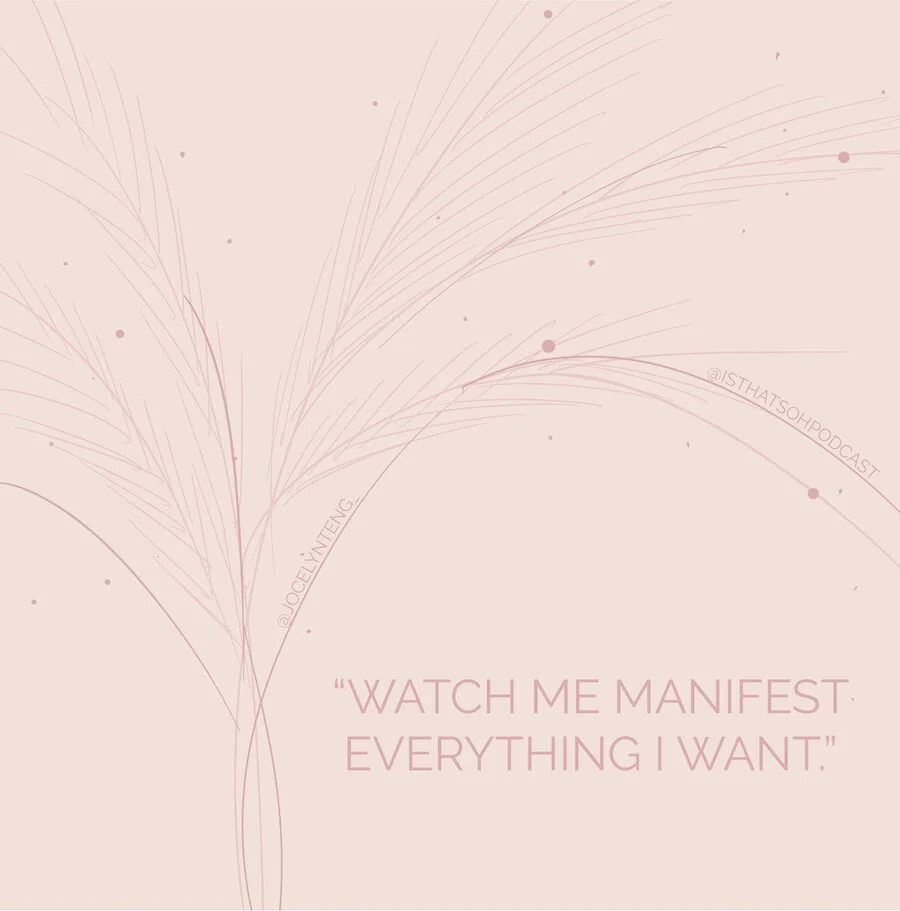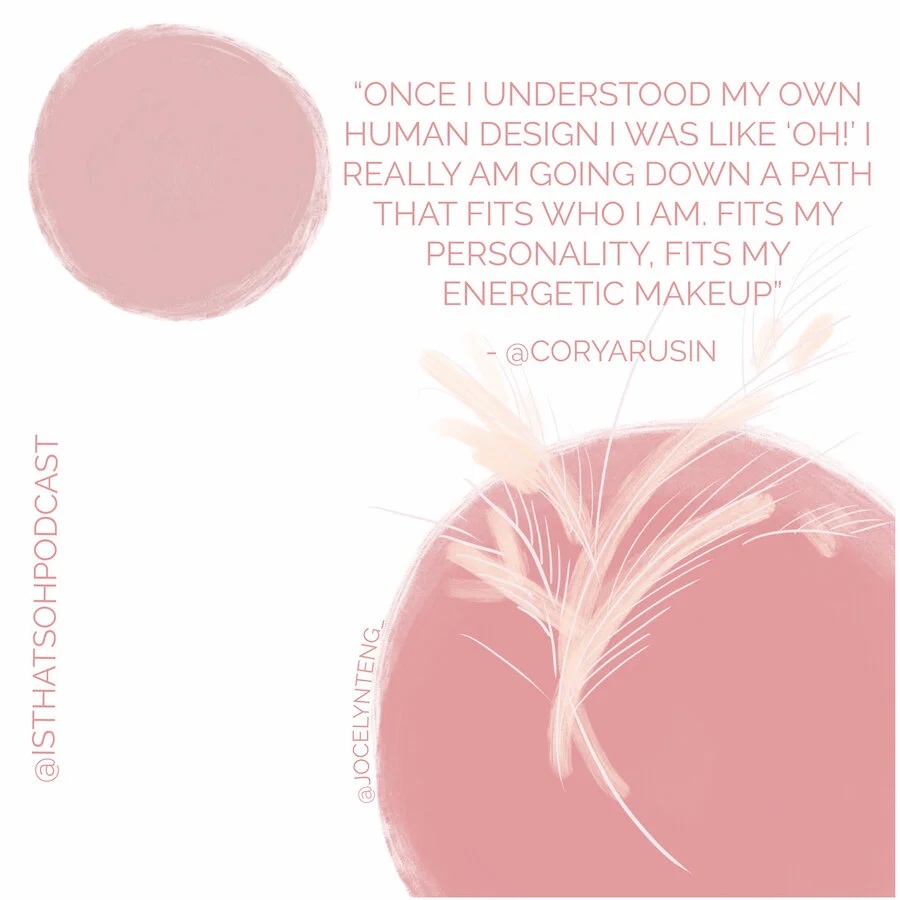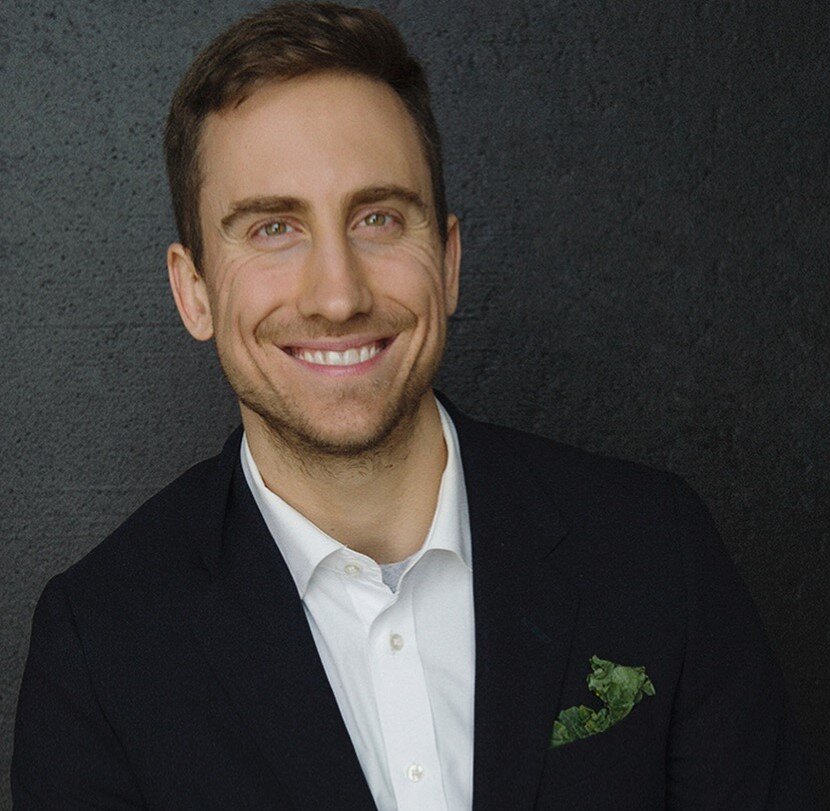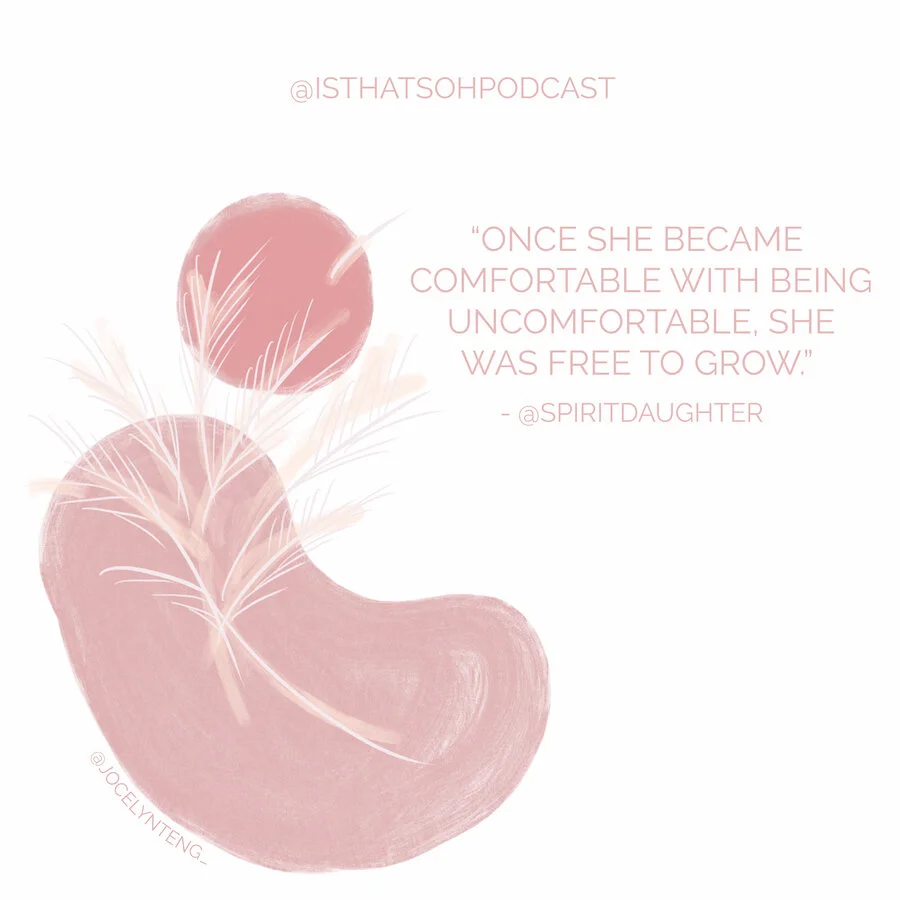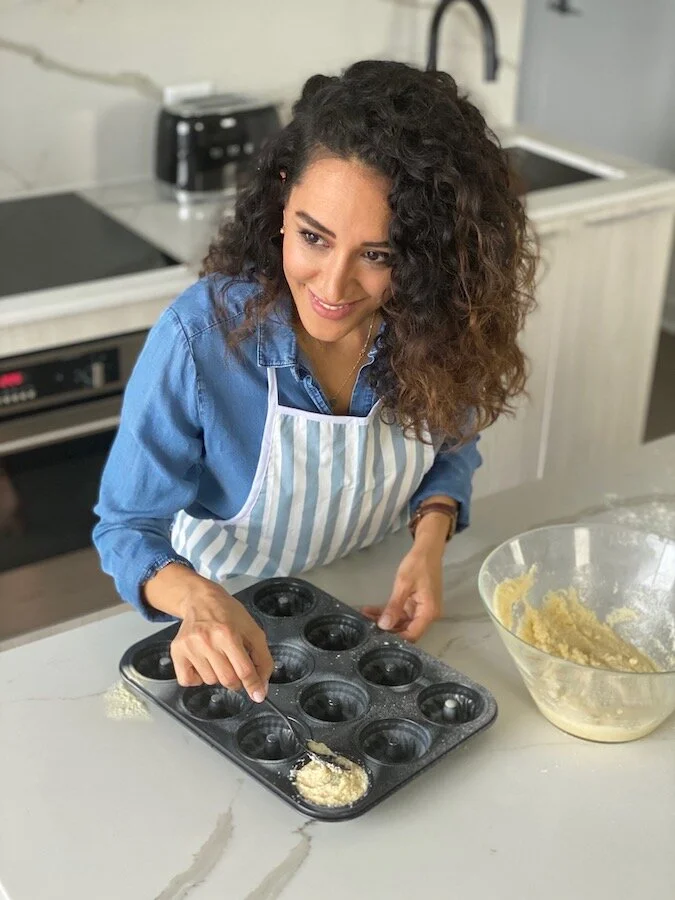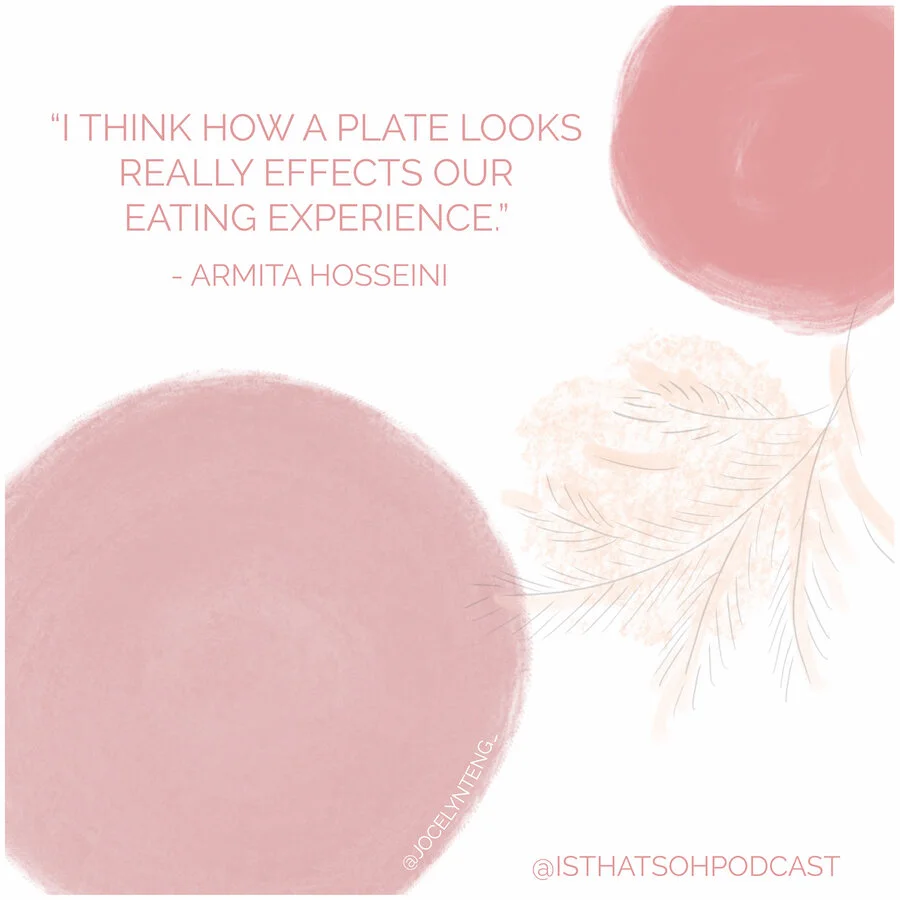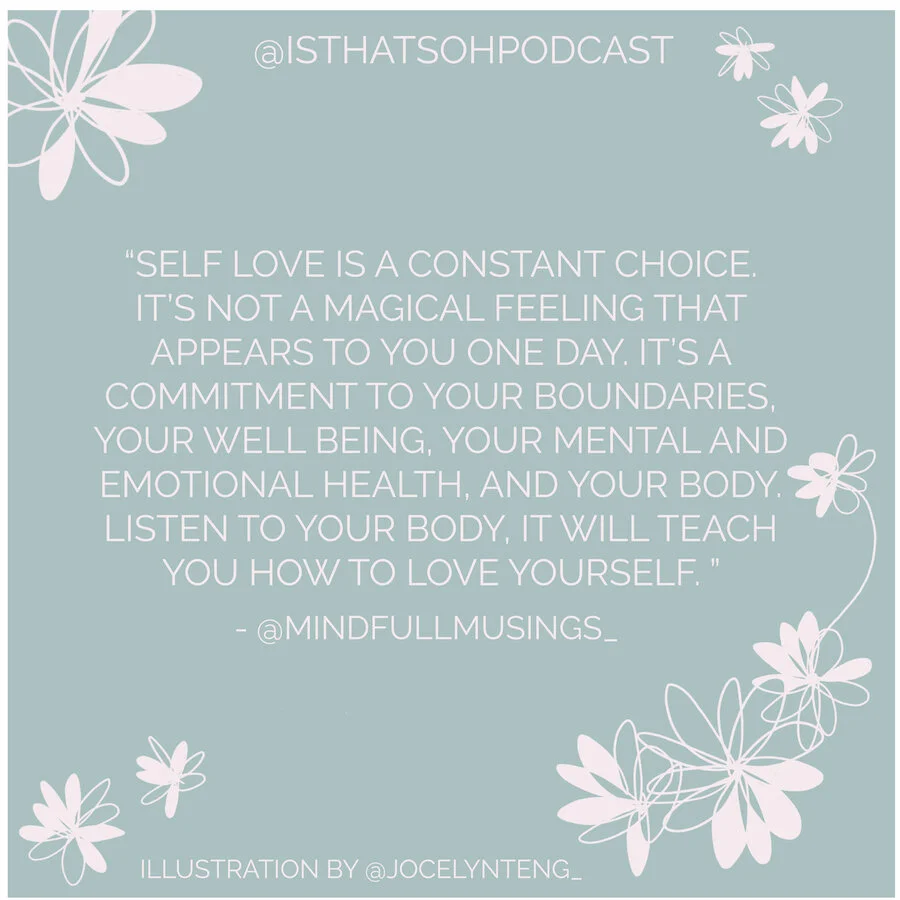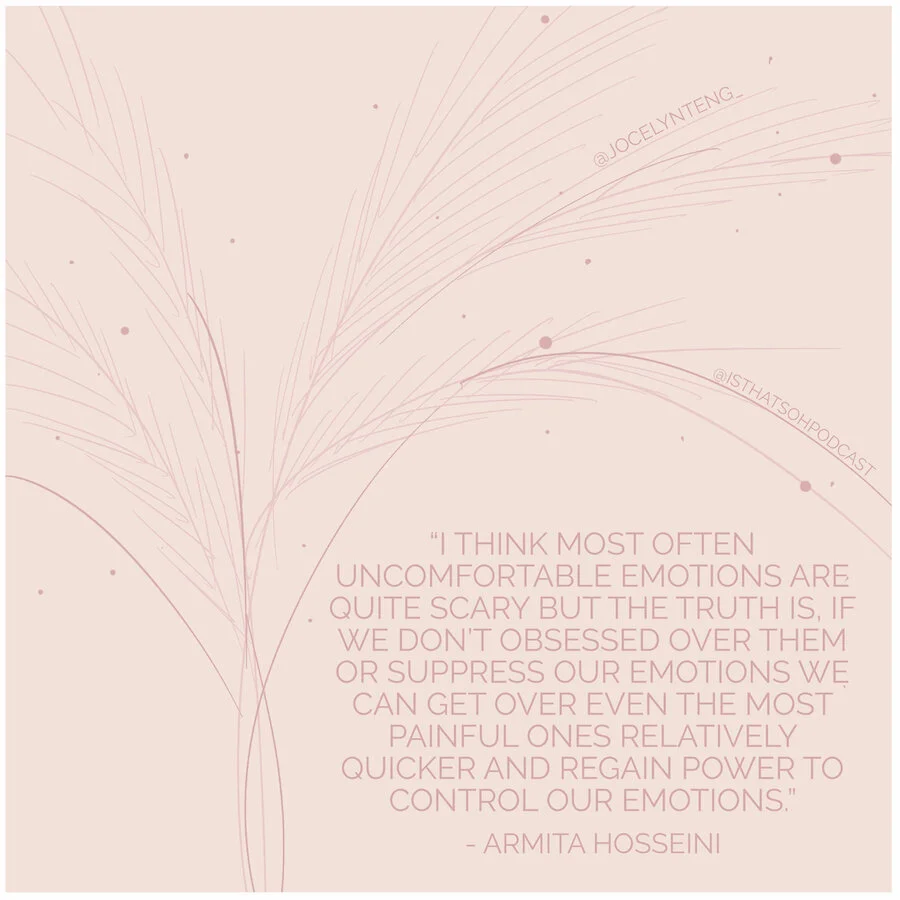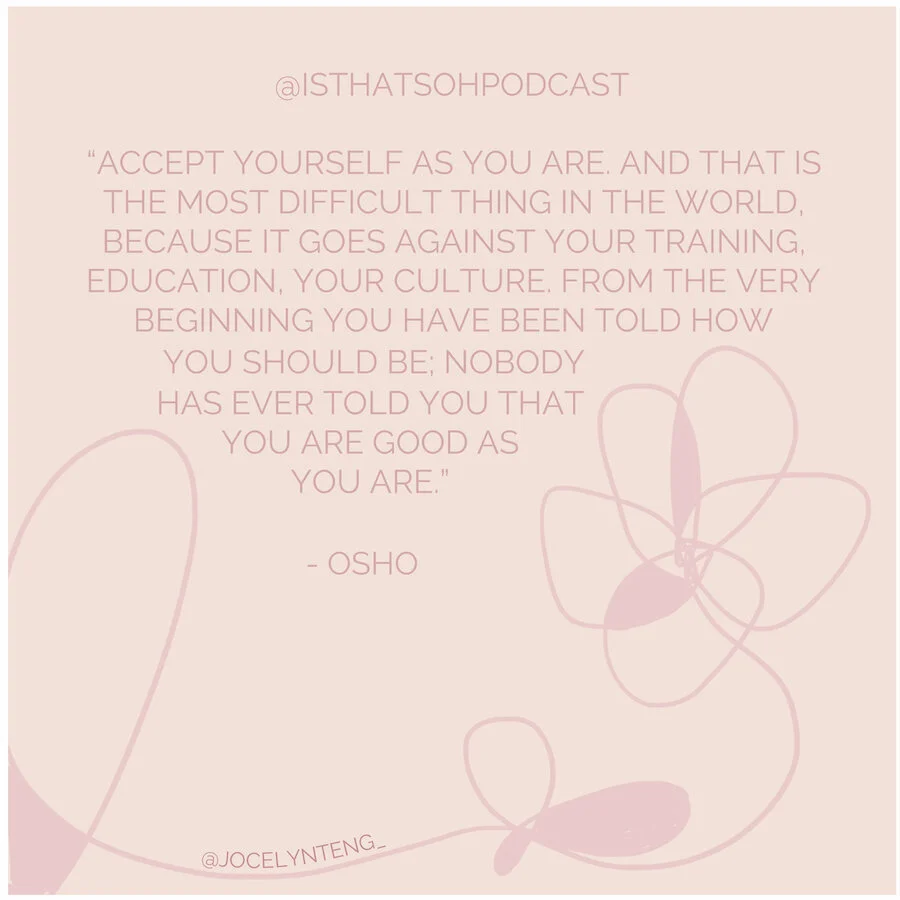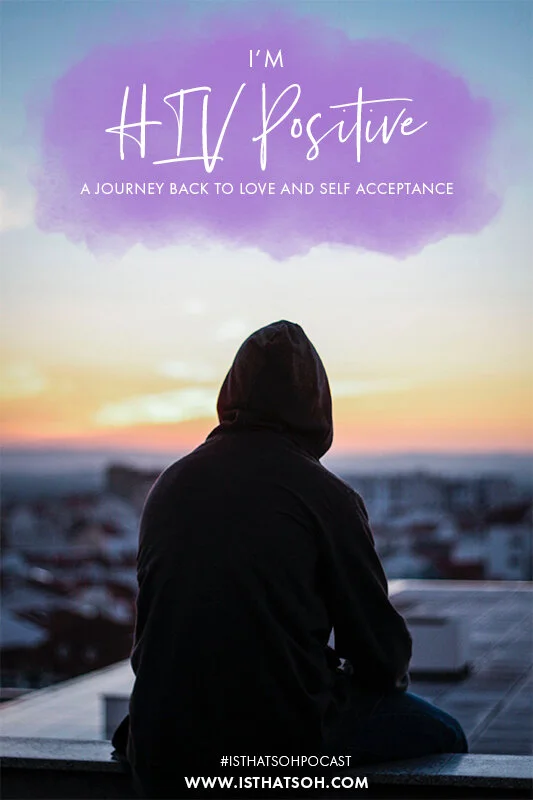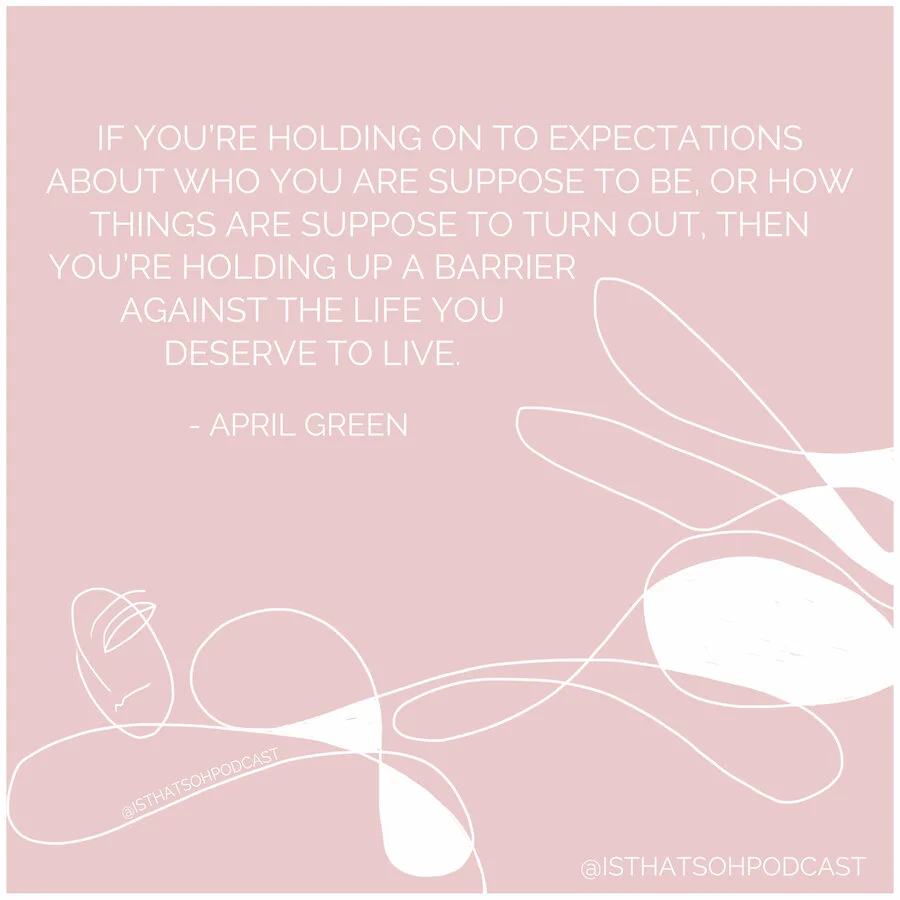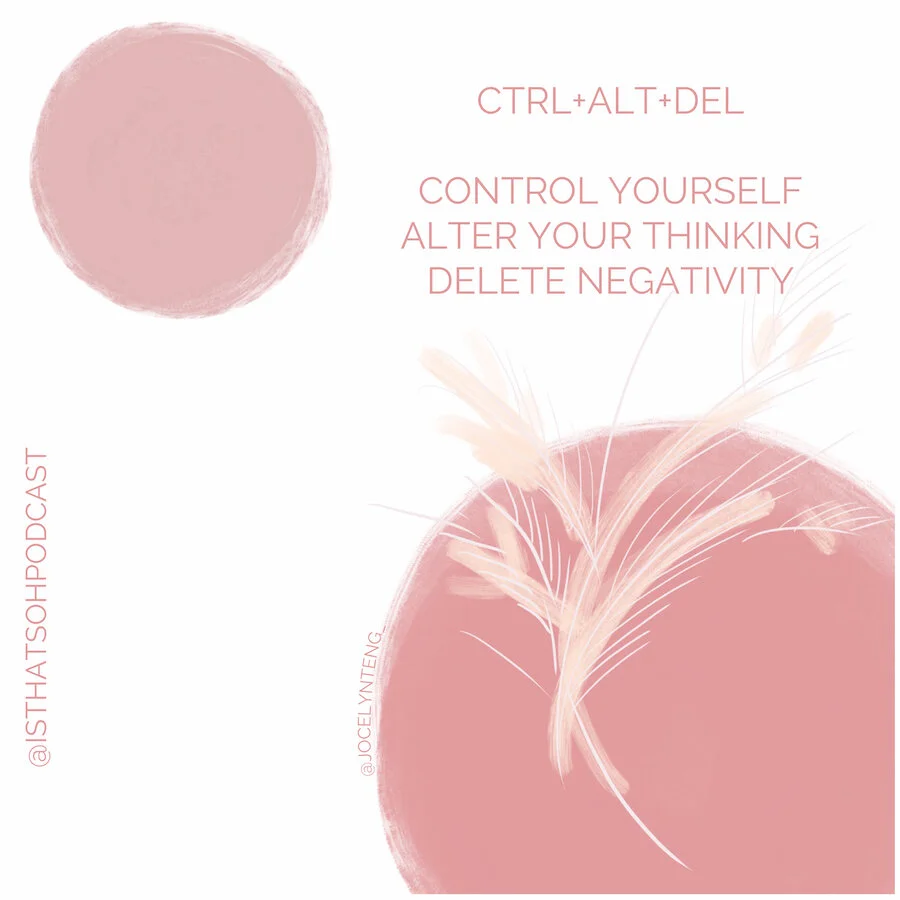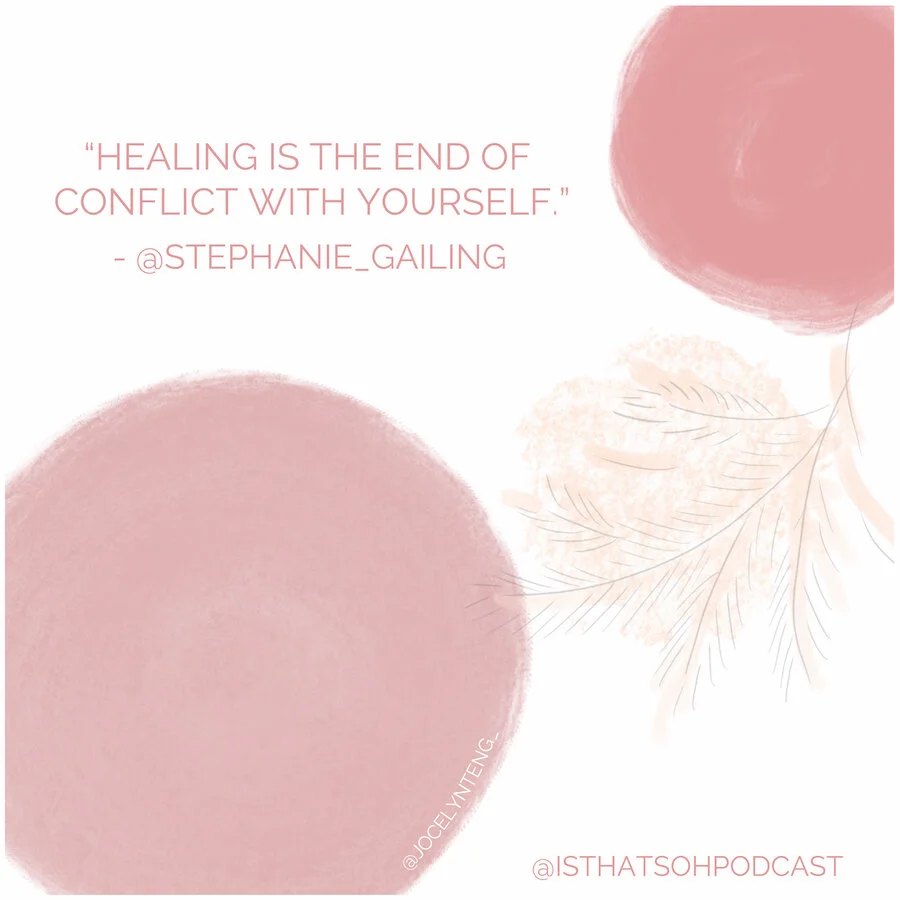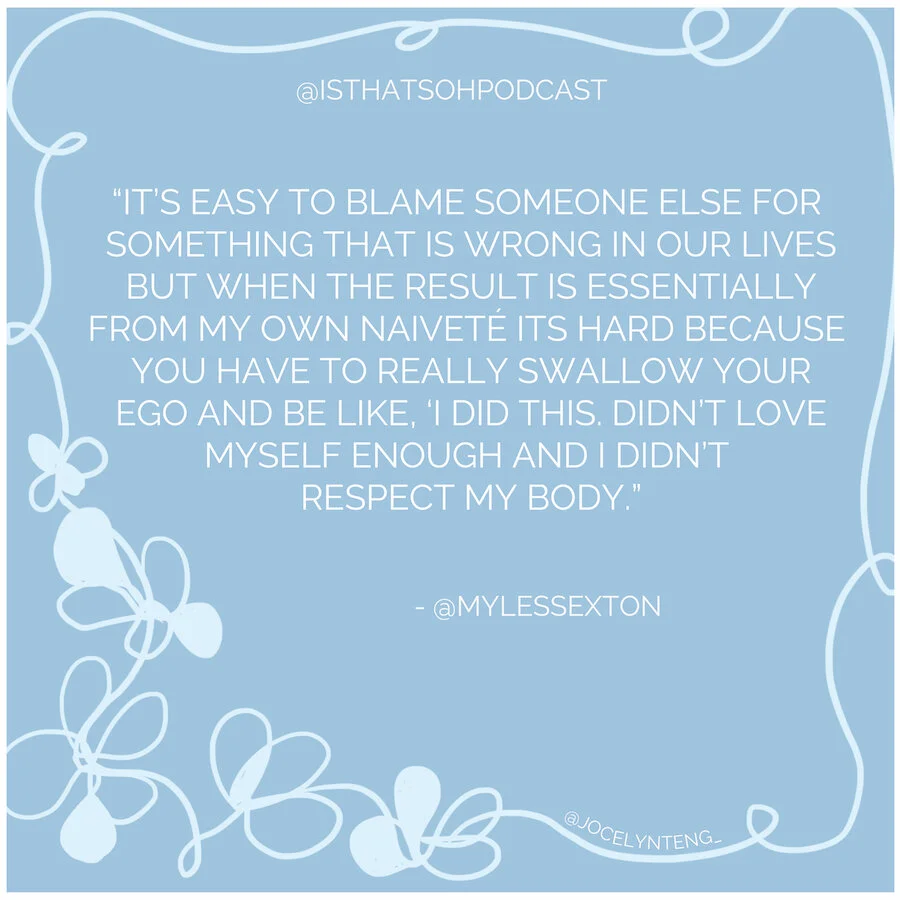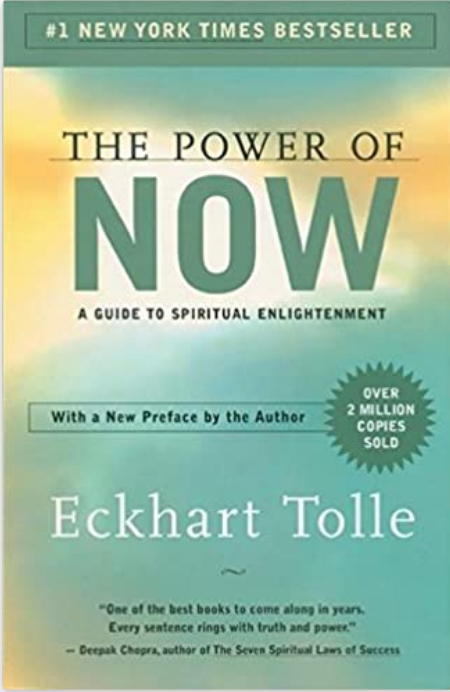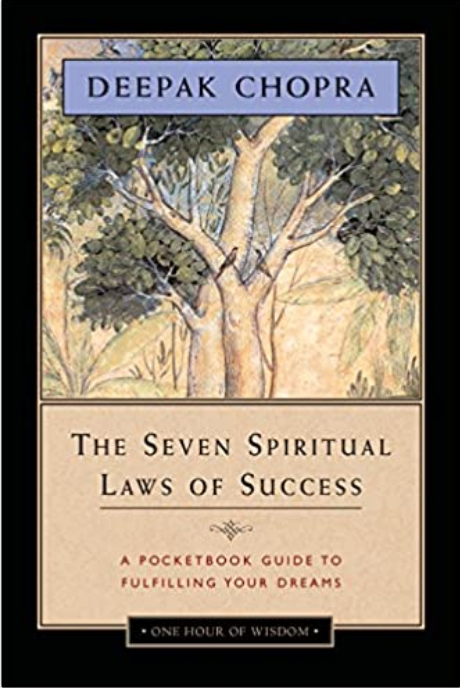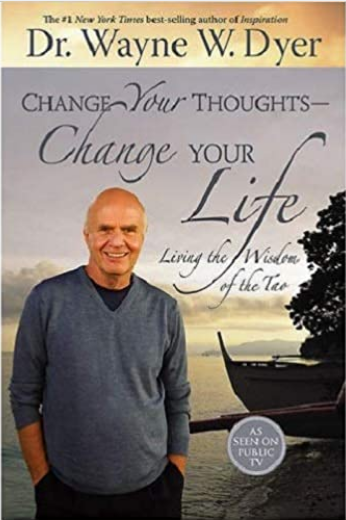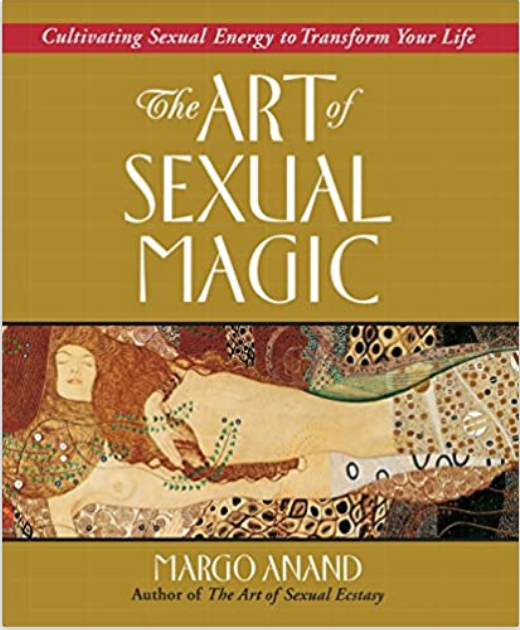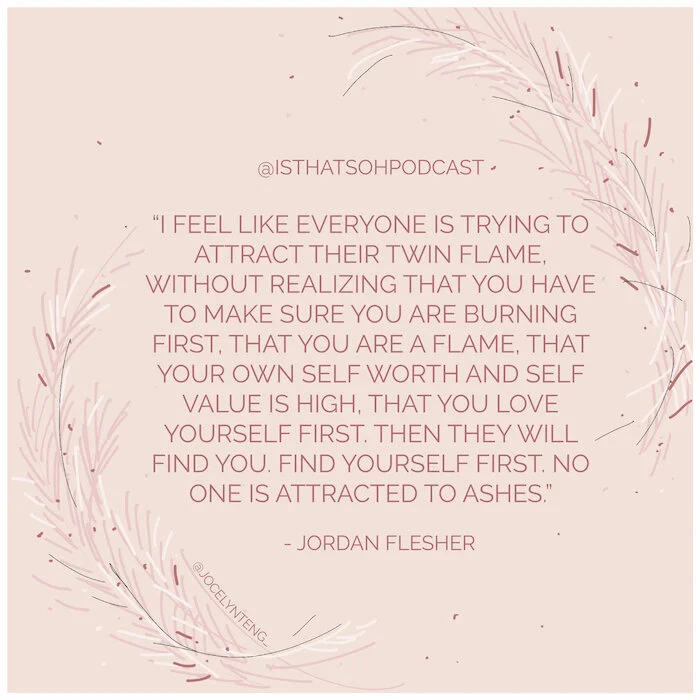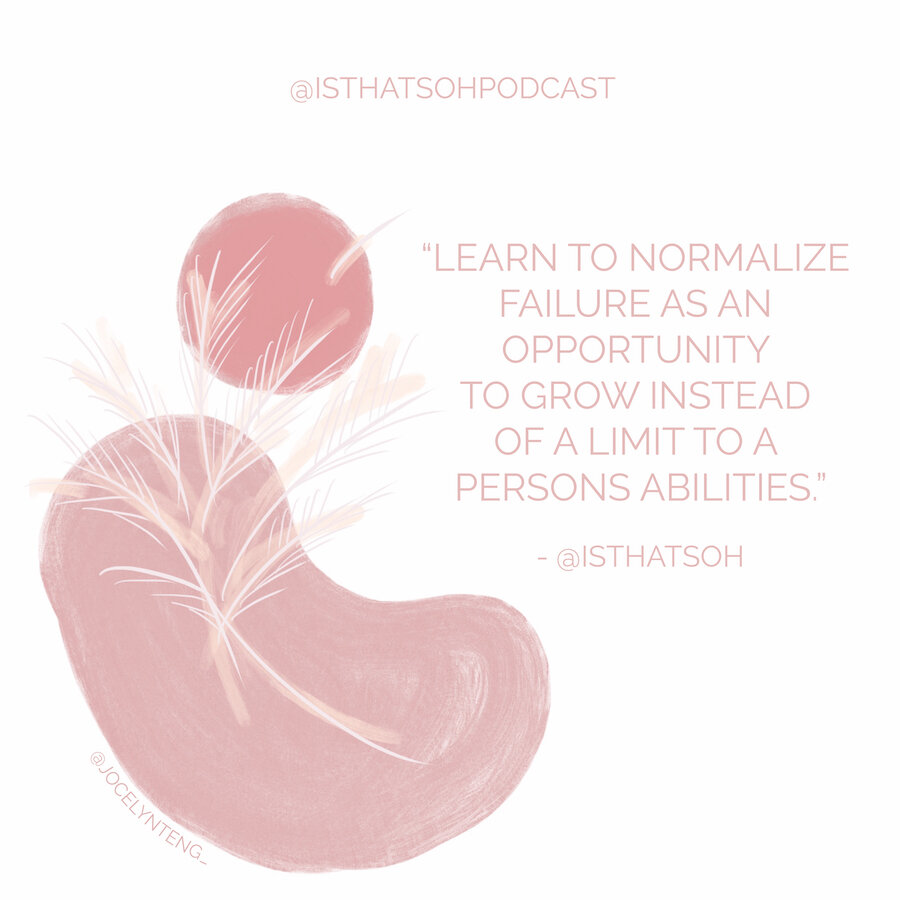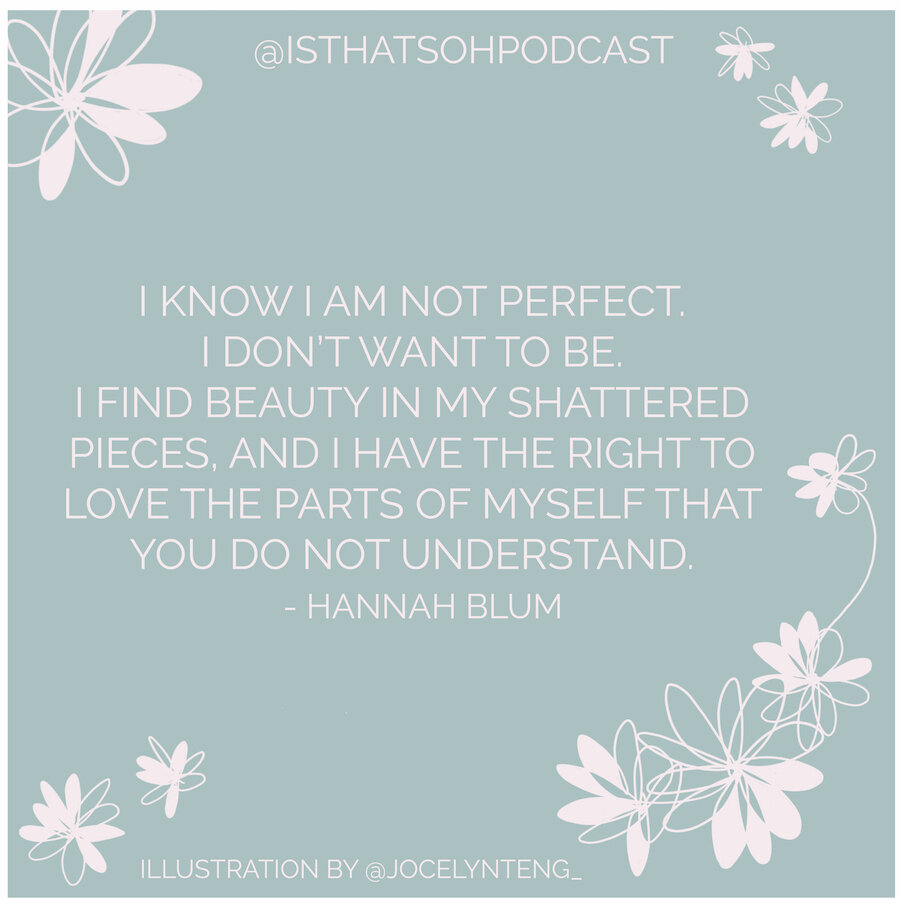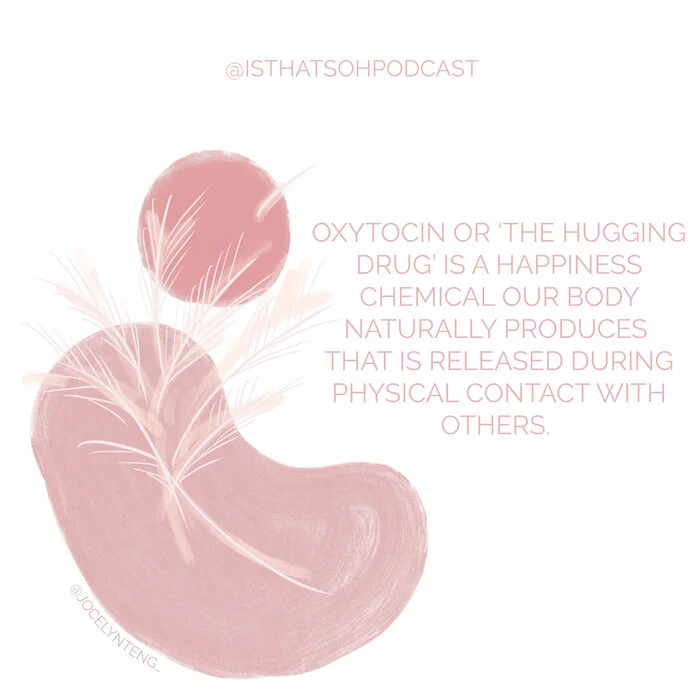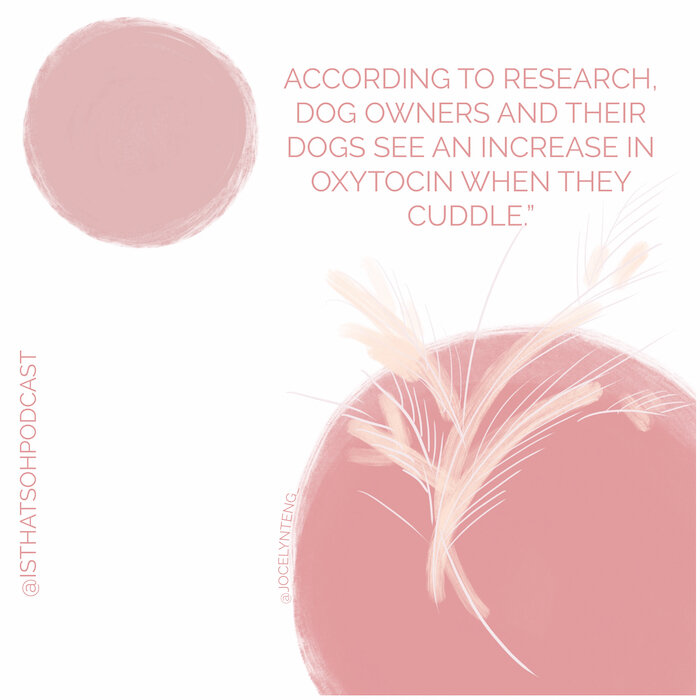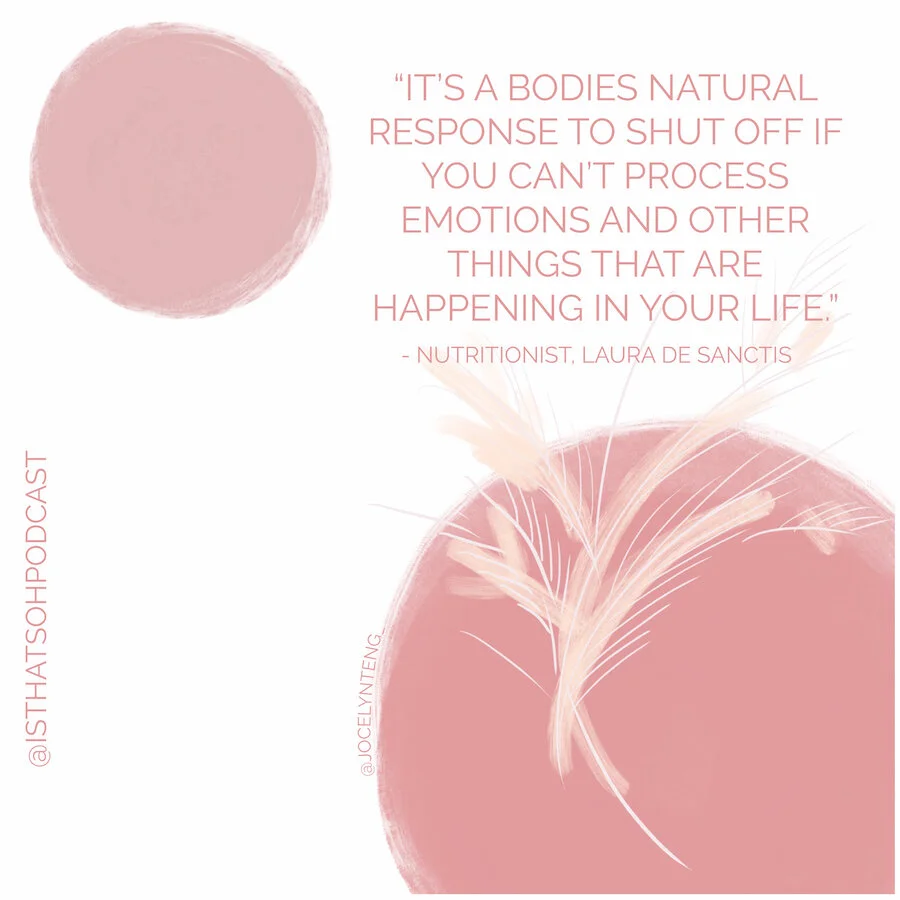EPISODE 37: A CRASH COURSE IN THE BASICS OF BUDDHISM AND THE POWER OF MINDFULNESS WITH DR. DIANE GEHART
* Please Note - Some links in this post may be affiliate links *
Hello Friends and welcome back to the Is That Soh Podcast!
Today on the podcast I have invited best selling author and psychotherapist Dr. Diane Gehart to come on the show and give us a crash course in the basics of Buddhism, the power of mindfullness, and playful ways we can increase our daily does of joy.
For those who don’t know Dr. Gehart she is a professor at the California State University, a psychotherapist, an author of over 12 books, and an award winning educator. Her research has been featured in newspapers, on radio shows and on television worldwide, and she maintains an active private practice in the Los Angeles area.
CHECK OUT THESE OTHER PODCAST EPISODES YOU MAY ENJOY!
Today on the podcast we are going to be getting a crash course in the basics of Buddhism, talking about Buddhist practices, Buddhism facts, the power and benefits of mindfulness and Dr. Diane Geharts book ‘Mindfulness For Chocolate Lovers’ that talks about the befits of introducing a daily mindful practice using a piece of chocolate.
To learn more about Dr. Diane Gehart - CLICK HERE
I hope you enjoy this episode as much as I did! Feel free to leave your thought below!
Also, special thanks to Mattias Friberg for composing the music for this podcast and perfecting my sound!
- BENEFITS OF MINDFULLNESS AND MEDIATION -
- ADDITIONAL RESOURCES -
Enjoy a guided mindful practice with Dr. Diane Gehart using a piece of chocolate.
An accomplished and honored professor, psychotherapist, author, and chocolate connoisseur, Diane Gehart identifies surprisingly efficient and fun ways to increase your daily dose of joy. Drawing on positive psychology, Eastern wisdom, and three decades of psychotherapist know-how, she outlines a no-nonsense yet good-humored path to get you where you want to go. She will teach you step-by-step how to:
- Identify the essential elements necessary for life-long happiness and add them to your everyday habits.
- Develop an unshakable sense of inner joy that sustains you in good times and bad.
- Engage your most painful life circumstances to dramatically improve your life for the better.
- Navigate common pitfalls and challenges, including skillfully handling the most difficult personalities and relationships.
- Transform how you journey through life―making it a joy ride regardless of weather or other unforeseen circumstances.
- Where To Find Dr. Diane Gehart Online -
WEBSITE ▶ https://dianegehart.com/
YOUTUBE ▶ Diane R Gehart, PH.D.
Follow The @IsThatSohPodcast On Instagram!
If you have any comments or questions about this episode on mindfulness, basics of Buddhism, Buddhist practices, Buddhism facts, and how to add more joy to your life with a daily mindful practice, feel free to leave them below!

























